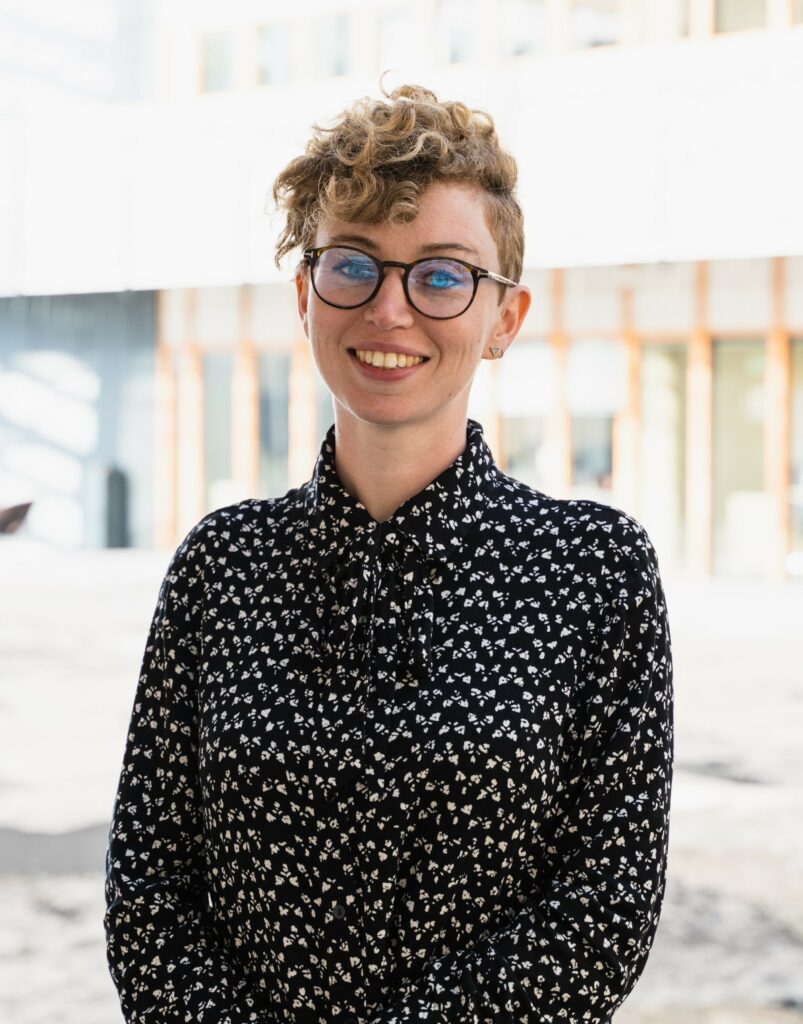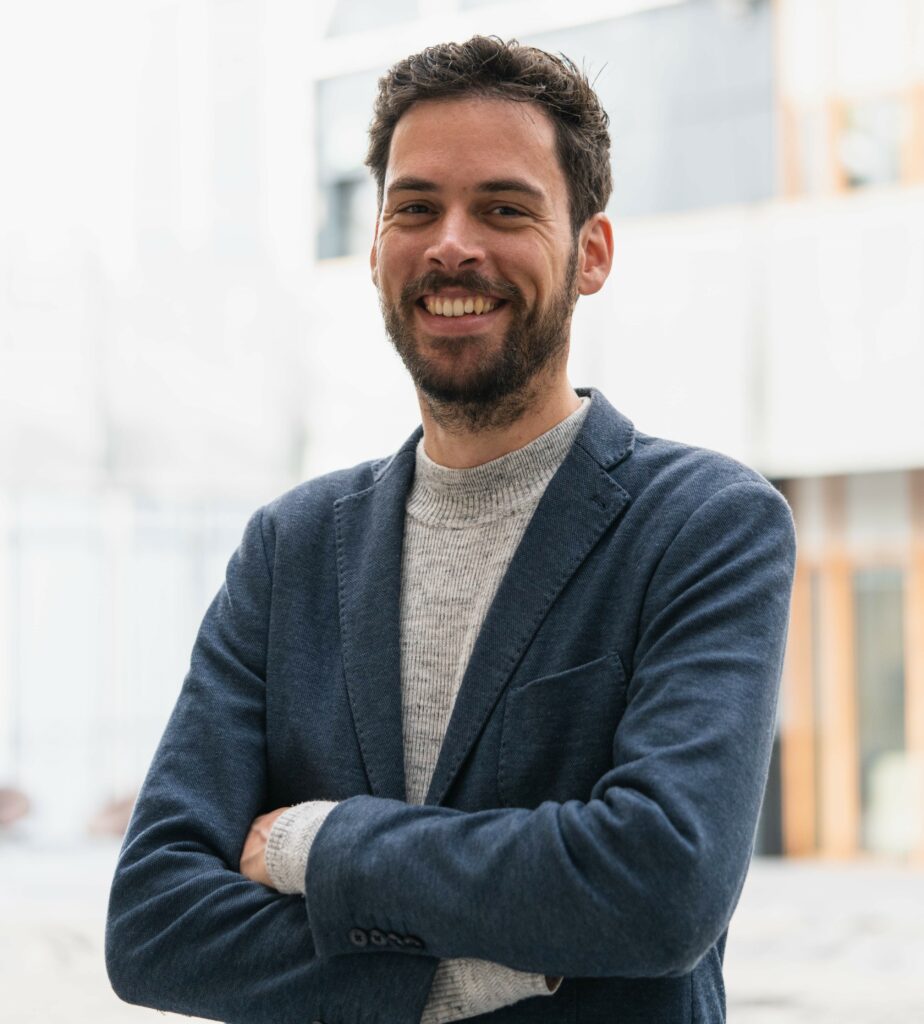Two researchers of our Centre for Living Technologies have been awarded an ERC Starting Grant. The European Research Council awarded the €1.5 million grant to Francesca Grisoni (TU/e) and Frederik Verweij (UU). The grant helps them to set up their own research project, assemble a research team and develop scientific ideas.
ERC Starting Grants are personal grants for five years’ worth of high risk – high gain fundamental research. The recipients of these grants are young, because applying for the grant can only be done within two to seven years after obtaining a PhD. The procedures are strict, the success percentages low, the competition high and the application period limited. Not only the impact of the research but also the impact of receiving an ERC grant on young scientists is big.
Francesca Grisoni : Revolutionizing AI in drug discovery via innovative molecular representation paradigms (ReMINDER)
Grisoni’s research proposal focuses on methods used for drug (medicine) discovery. There is the conventional trial and error method where drugs are synthesized based on what we know about the drug and the receptors in the body that need to interact with it. Grisoni intends to travel another path and improve the way Deep Learning and AI technology is used to discover new drugs.

“The most crucial factor in the current application of the AI algorithms is that they are fed information on chemical substances and proteins based on how we represent molecules. But those representations are in and of themselves also models, simplifications of reality,” says Grisoni.
Grisoni intends to develop a new methodology of describing chemical and organic substances in such a way as to be as close to the ‘chemical reality’ as possible, and at the same time be suitable for artificial intelligence. By getting the algorithm’s input as close as possible to the (bio)chemical reality, she hopes to drive a new revolution in drug discovery, similar to the revolution that AI has already driven in gaming or language translation.
Frederik Verweij: Decoding Extracellular Vesicle-mediated Organ Crosstalk in vivo (CROSSTALK)
Cells in our body exchange tiny vesicles that contain proteins and genetic material, among other things. Through these vesicles, cells coordinate their activities. When the communication via the vesicles is disrupted, this leads to diseases.

Although more has become known about the vesicles in recent years, technological limitations have made it impossible to examine them in their original context. Until now, vesicles have been isolated all at once, creating a situation far removed from the natural situation within a body. To date it therefore remains difficult to figure out the precise function of the vesicles, or to use the existing knowledge to fight diseases.
With this funding, Verweij wants to make it possible to read the messages between cells in their natural environment for the first time. He will do so using transparent zebrafish, combined with advanced microscopy and (synthetic) molecular biological techniques.